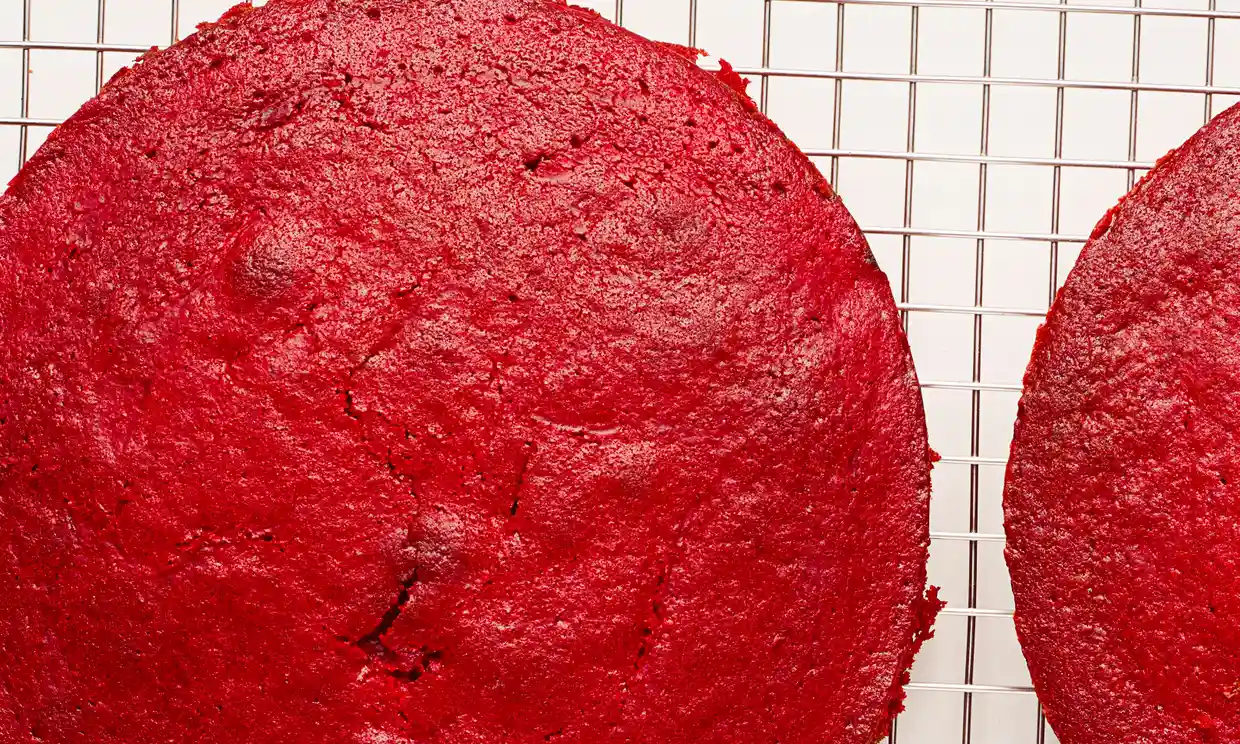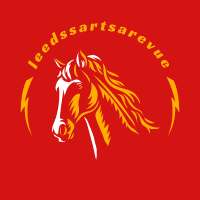
In another poem significantly related to Blood, Pester plays with the discovery of “staged pictures / of Fake Mother whom I thought until now to be True Mother”. (Have Discovered that My Mother Is Not My Real Mother but the Drunk Woman Banging on the Wall Is). Pester gives a comic-surreal account of the training of women for “inauthentic motherhood” which involves live baby alligators being “dipped in pasta sauce / [and] gaffer-taped around the trainee girls’ necks … to condition them to care work”. The comic treatment of social engineering doesn’t dilute the alligator power of its “snap”.
In Blood there is a greater allowance for realism: the mother is given a plausible local setting, and the wish she declares to her social groups in the village and at the art school is at least on the edge of realism. But at the same time it soon becomes clear that both narrator and protagonist are sharing a game of knowing image-creation, and perhaps of producing an authenticity-of-the-inauthentic that both can agree on, one which can dance-step lightly around the Mother-Daughter social monolith.
The reader who doesn’t know that the Red or Blood Velvet Cake is a real dish (see here for a recipe) may be at an advantage. The poem’s title after all is simply Blood. The range of associations includes a kind of feminist literary gothic, which dramatises the reclamation of the body and the menstrual cycle. “Blood” at its plainest can be a shorthand for family connection. When associated with “cake”, though, images of cannibalism may hover. (If – spoiler alert – you’d prefer more culinary details, the “blood” in the recipe is simply a mixture of melted white chocolate and cream, with added red food colouring, and a drop of black to make the colour deeper, more Hallowe’en-ish).
That the blood cake should be the shape of a house might seem still a reasonable request, but then, that it should also be the size of a house complicates matters. The Mother needs the cake to represent something bigger than it possibly can. The poem’s speaker seems to be coordinating the offerings on her phone, but tries to hide them (from herself, perhaps) and the biggest cake, made by the art students, won’t fit her “camera scope”. The mother cries: “she can always fake cry”. All the characters, even the inventive and unrestrained art students to the part-playing narrator daughter, are concerned with social expectations.
The drama is being played in public, too. “The local paper asked how amazed she was” is a barbed line, demonstrating the shift of journalism from fact-finding to an encouragement of the subject’s expression of the appropriate feelings. The mother’s attempt to get closer to her authentic, or more authentic, response, has to be made to her child surreptitiously: “She turned to me and whispered how extremely creepy and / artistic it was for the villagers to do this.”
Previously having wished to acquire “abused ponies”, the mother has a history of role-play which has only now become overwhelming. Too much seems invested in the “blood / velvet cake in the shape of a house”. There is a need for colourful self-invention, and a need to fulfil expectations, offer the generosity of “care”. But the desire for extreme gifts, and even the awareness that actions can be simultaneously “creepy” and “artistic”, suggest a tentative rebellion. As the poet uses her art to find the genuine, so the mother uses a zany, attention-seeking persona to discover a more challenging dimension in herself. In fact, by including both “villagers” and “art students” in the creation of her gift and her role, she has shown a bigger-than-average grasp of social possibilities.
Drawing on her gift of “comic timing”, Pester presents us with a final image of the overwhelming nature of those possibilities. The mother is fortunate in having an anxious friend with a raft. As well as a child, she has a friend who understands – or appears to understand – the price of her self-deceptions, risk-taking and shock-illuminations. Whether headed to desert-island tranquillity or deeper oblivion, she’s allowed to leave the stage at last, “oared out to sea”.
Holly Pester’s title poem, Comic Timing, was shortlisted for the 2019 Forward prize for best single poem: she comments on the writing process here.





